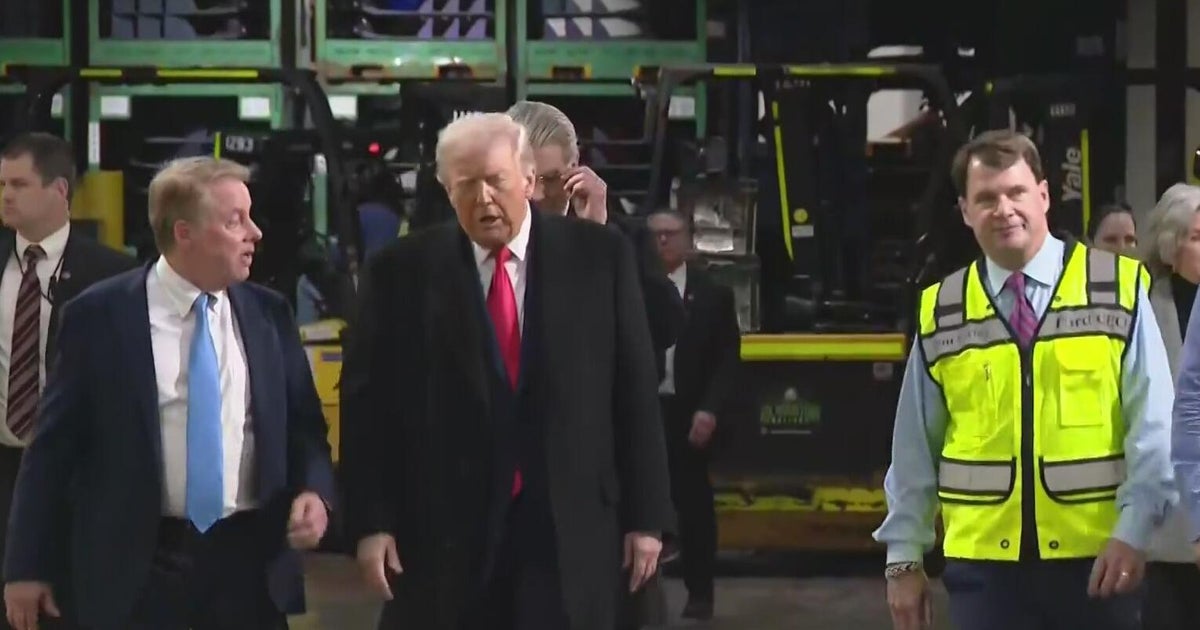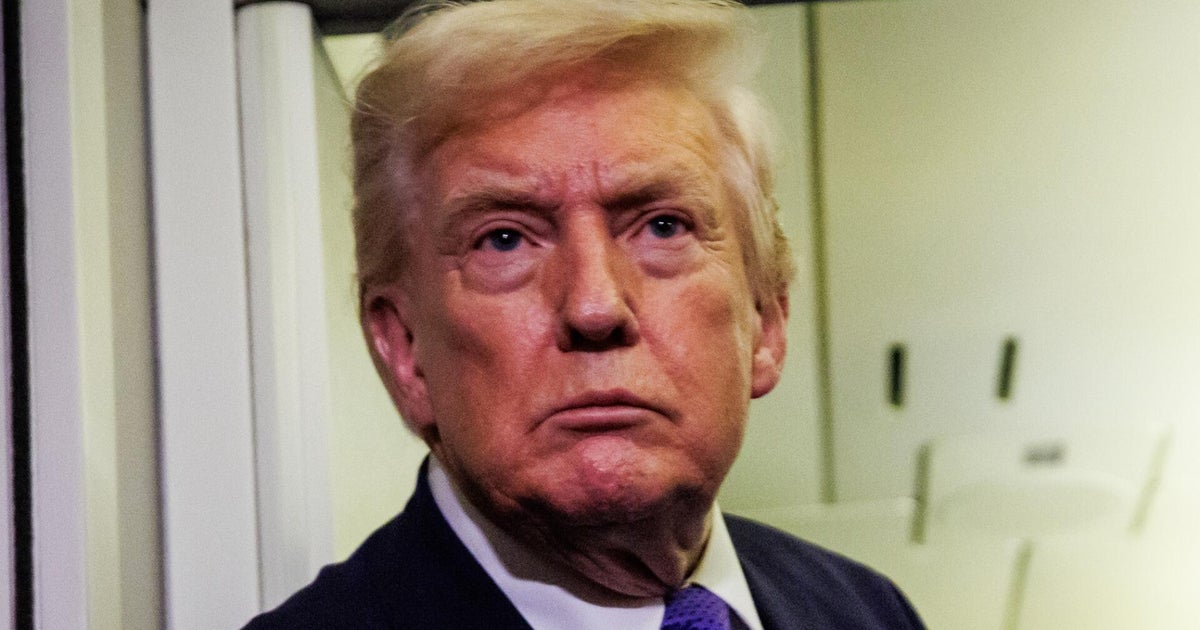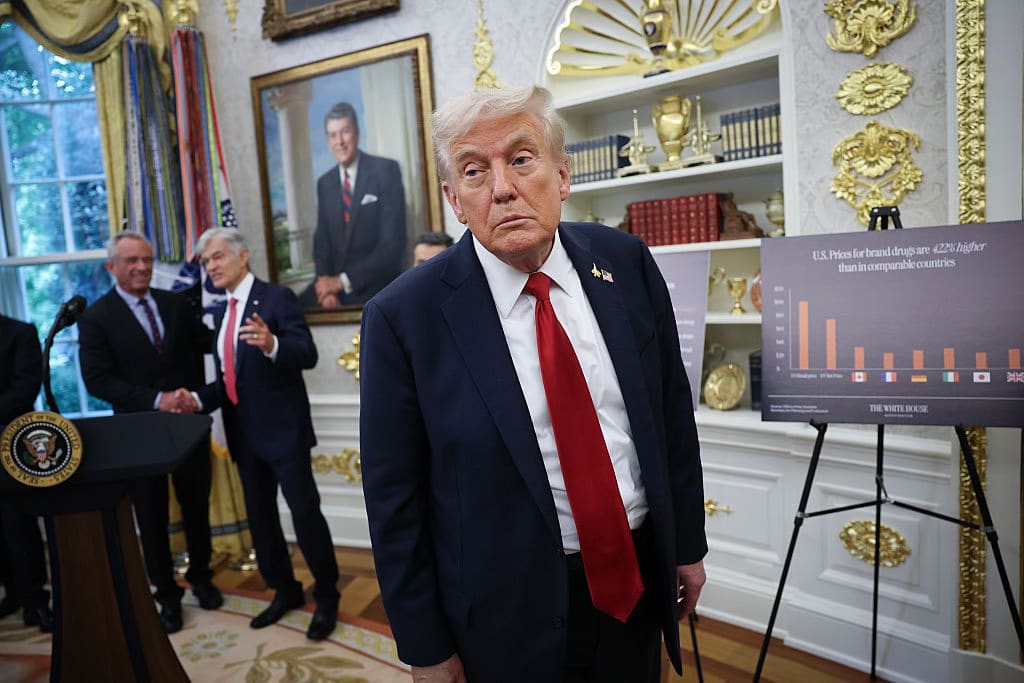Even with coronavirus threat, some hourly workers would go to work sick: "I can't afford to miss a day"
Without an option to work remotely during the coronavirus outbreak, some hourly workers in America worry they'll soon have to make a difficult choice. Nearly one in four U.S. workers does not have access to paid sick days and 60% live paycheck-to-paycheck.
Adriana Alvarez, a 27-year-old single mother who has been working at McDonald's since she was 17, said work has been "extremely nerve-wracking" with the threat of the coronavirus.
"There's a lot of people coming through the drive-through. We're exchanging money," she said. "We're dealing with food. What if it spreads through food, you know what I mean?"
McDonald's told CBS News it's bolstered its hygiene standards and shifted to take-out, drive-through and deliveries in company-owned stores. It also said it is strongly encouraging its franchises to do the same.
The franchise where Alvarez works made that switch this week.
Alvarez is also calling on McDonald's to provide paid sick leave to all employees. She has sick days, but said it's hard to use them. "They don't want to give it to us. I don't understand why," she told CBS News correspondent Adriana Diaz.
McDonald's said corporate restaurants are providing two weeks paid sick leave due to the coronavirus, but that doesn't apply to franchises.
"We have an amazing group of franchises who lead almost 95% of our restaurants. I'm confident they will support their teams in a time of crisis," said Melissa Kersey, the chief people officer at McDonald's USA.
Alvarez's franchise owner did not immediately return CBS News' request for comment.
For Alvarez and her 7-year-old son, Manny, every hour of work she misses is a precious $13.45 lost.
"Basically one paycheck is for the rent. The other one is for groceries … And then it's watching the calendar waiting for that next paycheck with like $25-$30 in your bank account," Alvarez said.
President Donald Trump signed a multi-billion dollar coronavirus emergency relief bill into law Wednesday night, giving many Americans paid sick and family leave, but the legislation leaves out millions of people. Businesses with more than 500 employees, and in some cases less than 50, are exempt.
Alvarez is skeptical help will come for her.
"I'm not completely confident," she said. "I would much rather go to work sick because I can't afford to miss a day." She would go to work unless she couldn't stand up, she said.
Shelah Redd, a school bus driver of 17 years, is now out of work completely after Illinois closed schools this week. It's "very hard" to make ends meet even with her job, which pays $20.75 an hour.
Redd is expecting to file for unemployment, which she said won't cover all her bills and the food needed to support her two daughters and two grandkids.
Redd is not alone. An NPR/PBS NewsHour/Marist poll, conducted on March 13-14, says nearly one in five households have already lost work because of the pandemic.
School closures have also hurt Alvarez, who is trying to sort out child care for her son.



